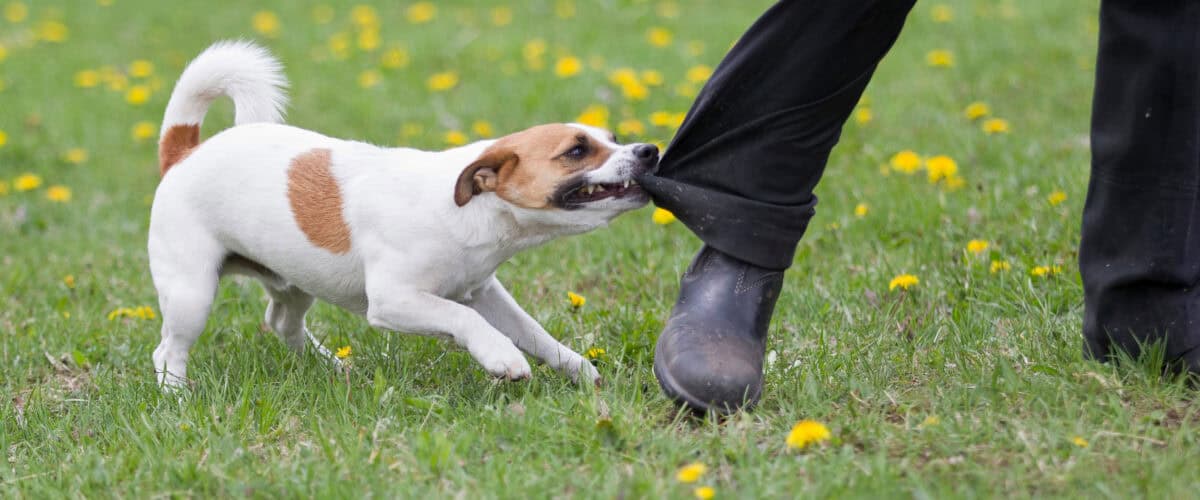A Quick Introduction to Strict Liability
When someone is injured in either a car accident, slip and fall accident, animal attack, or another scenario, one of the key questions which must be put forth is the following: who is liable for the damages and costs incurred? Assigning liability for injuries is a critically important matter, and the assignment of liability depends on multiple things. One of the key variables is the legal doctrine which applies to the particular type of injury. Different states have different doctrines which it comes to assigning liability for certain types of injuries. For example, for car accident related injuries, most states use the comparative negligence doctrine to deal with liability issues.
When it comes to dog bites, however, most states use strict liability. Strict liability essentially removes the issue of negligence, because the question of how responsible or careful the dog owner may have been is no longer relevant. When a dog owner is held “strictly liable,” it means that the owner is always responsible for damages which follow from a dog bite injury, even if that owner used every conceivable precaution.
California is a Strict Liability State – But with Limitations
In the State of California, dog bite injuries are governed by “strict liability.” Hence, when someone is bitten by a dog, that dog’s owner is ordinarily liable for damages suffered by the bite victim. To make a claim against a dog owner for a dog bite injury, the bite victim must show two things: (1) that he or she was in fact bitten, and (2) that the bite occurred in either a public space, or a private space with lawful permission. If a person is bitten in a public space, the owner is always liable, but being bitten in a private space is trickier. The bite victim must show that he or she was lawfully accessing the private space. Lawful access can take various forms, including being invited by the owner, or making a requested delivery.
As a general rule, California’s strict liability doctrine doesn’t apply to trespassers. When someone trespasses on private property – for instance, when they venture onto someone’s property to retrieve something, or to vandalize – and they get bitten by a dog, the dog owner isn’t ordinarily liable. However, there are exceptions to this important rule. For instance, if the trespasser can prove that the dog owner was negligent in some way, this might be sufficient to overcome California’s general rule on trespassers. Establishing negligence in these circumstances is quite difficult, however, and so recovery by trespassers tends to be rare.
There are other details to the law on strict liability as it applies to dog bites in California, and these details are things which dog owners should be aware of. For example, dog owners should be aware of precisely what constitutes a “bite” under current California law. Currently, a dog bite can occur even if the dog’s teeth fail to break the skin of the person. If the dog merely “grabs” the victim with its teeth, the dog owner can still be held liable for any resulting injuries or costs incurred. Hence, a dog owner was found liable for injuries which resulted after a worker fell off a ladder because a dog grabbed onto the worker’s pants. The dog didn’t actually break the skin of the worker, but the dog owner was still held liable for damages.
Contact James Matthew Brown, APLC for More Information
Dog owners should have at least some understanding of how California law treats dog bite injuries. Of course, mastering the finer points of strict liability as it applies to dog bites in California isn’t a realistic expectation to have for most owners. This is where consulting with a qualified attorney comes into play. If you need additional information on strict liability, dog bites, or another related personal injury matter, or if you have a case which needs attention, get in touch with the law firm of James Matthew Brown, APLC today by calling 619-238-0815.

